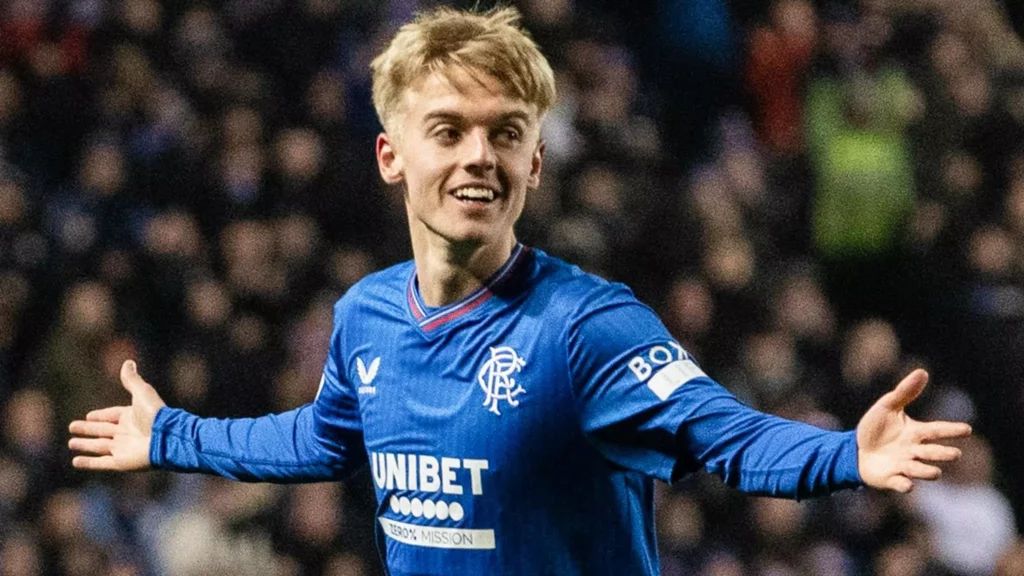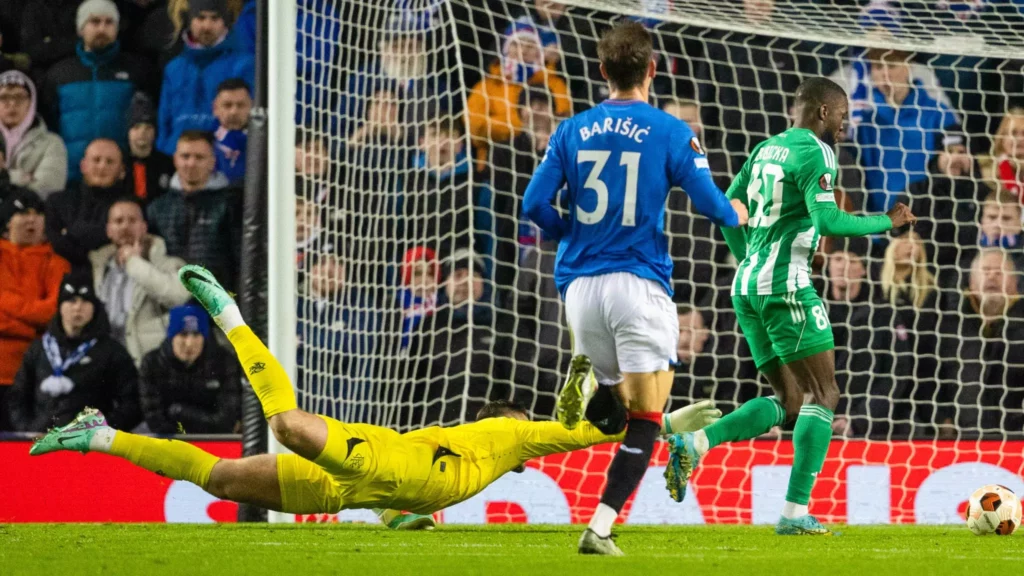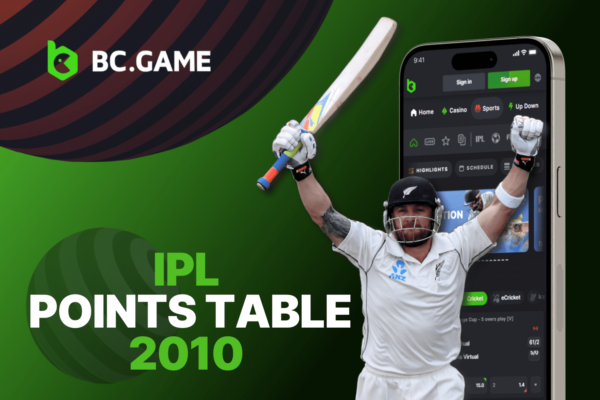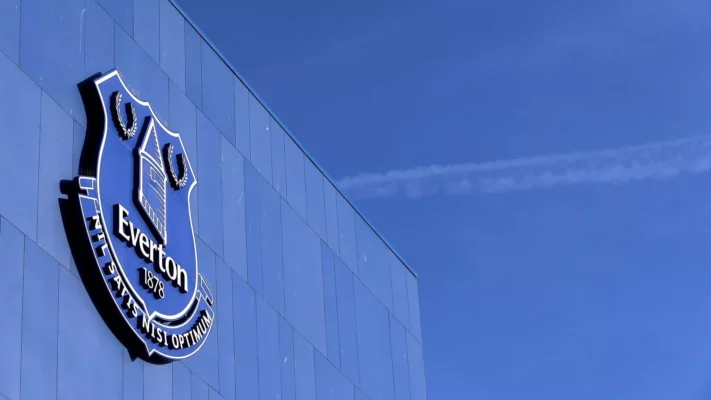
The match at Ibrox was a tale of two distinct halves. The first half saw Aris Limassol, underdogs in the eyes of many, taking a surprising lead. This was a testament to their strategic gameplay and resilience. Rangers, on the other hand, seemed to struggle initially to find their rhythm, a scenario that Clement was quick to address with his tactical switch.
Rangers’ Response and Resilience
The introduction of McCausland in the first half marked a shift in Rangers’ approach. His directness and willingness to challenge the Aris defense injected much-needed energy into the team. This was evident just minutes into the second half when he scored the equalizing goal, showcasing not just his talent but also the depth in Rangers’ squad.
Analyzing Key Players’ Performances
Ross McCausland: A Rising Star
- Age: 20
- Position: Winger
- Impact: Scored the crucial equalizer, his first senior goal for Rangers.
Shavy Babicka: The Surprise Element
- Team: Aris Limassol
- Role: Forward
- Contribution: Scored the opening goal, showcasing his skill and composure.
The Coaches’ Chess Game
Clement’s decision to bring on McCausland in the first half was a bold move, indicating his proactive approach to management. His post-match comments reflected his tactical acumen and his commitment to adapting his strategy as the game unfolds.
Aris Limassol’s Tactical Discipline
Aris Limassol, coached by a less heralded yet shrewd tactician, displayed remarkable discipline and organization. They managed to stifle Rangers’ attack for significant portions of the game, proving that they were not to be underestimated.

The Road Ahead for Rangers
Rangers’ path in the Europa League now hinges on a critical away game against Real Betis. This match is not just a test of their ability to secure a win under pressure but also a measure of their progress under Clement’s guidance.
Potential Scenarios for Rangers
- Victory: A win would ensure progression to the knockout stages, a significant achievement for the club.
- Draw or Loss: Anything less than a win could potentially mean the end of their Europa League journey this season.
Rangers in European Football: A Historical Context
Rangers have a storied history in European competitions. They have been a part of many memorable nights in European football, and this campaign adds another chapter to their rich history.
In recent years, Rangers have shown they are capable of competing at a high level in Europe, often exceeding expectations. Their journey this season has been a continuation of this trend, showcasing their resilience and tactical evolution.
Fan Reactions and Expectations
The support at Ibrox has always been a driving force for Rangers. The fans’ reactions to the team’s performance against Aris Limassol ranged from frustration at missed opportunities to pride in the team’s fighting spirit. There is a sense of anticipation and hope as the team prepares for their decisive match in Seville.
The Larger Implications for Rangers
Progressing in the Europa League has significant financial implications for Rangers, not to mention the prestige that comes with competing on the European stage. Success in these competitions also helps attract quality players to the club, vital for its long-term ambitions.
This season’s performance in the Europa League will be instrumental in shaping the future trajectory of the club. It is an opportunity for Rangers to demonstrate their growth and to solidify their status as a competitive force in European football.
Conclusion: A Crucial Moment in Rangers’ Journey
As Rangers prepare to face Real Betis, the weight of expectation is immense. This match is not just about securing a place in the knockout stages, it’s about proving their mettle on the European stage and continuing to build their legacy.







